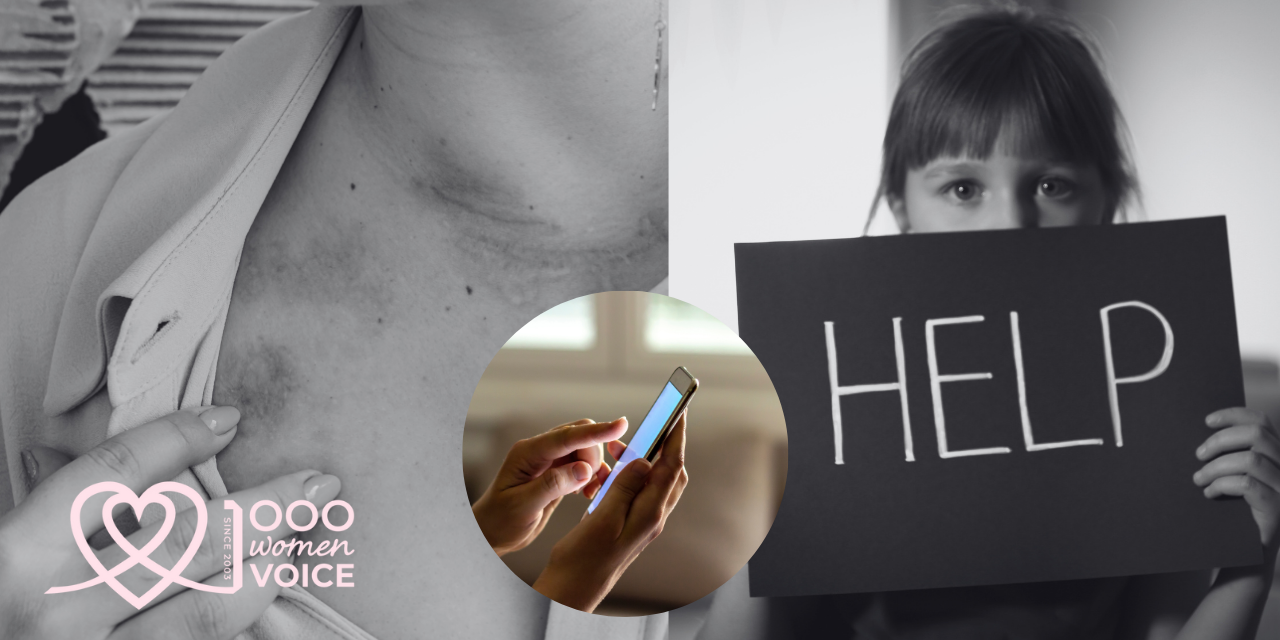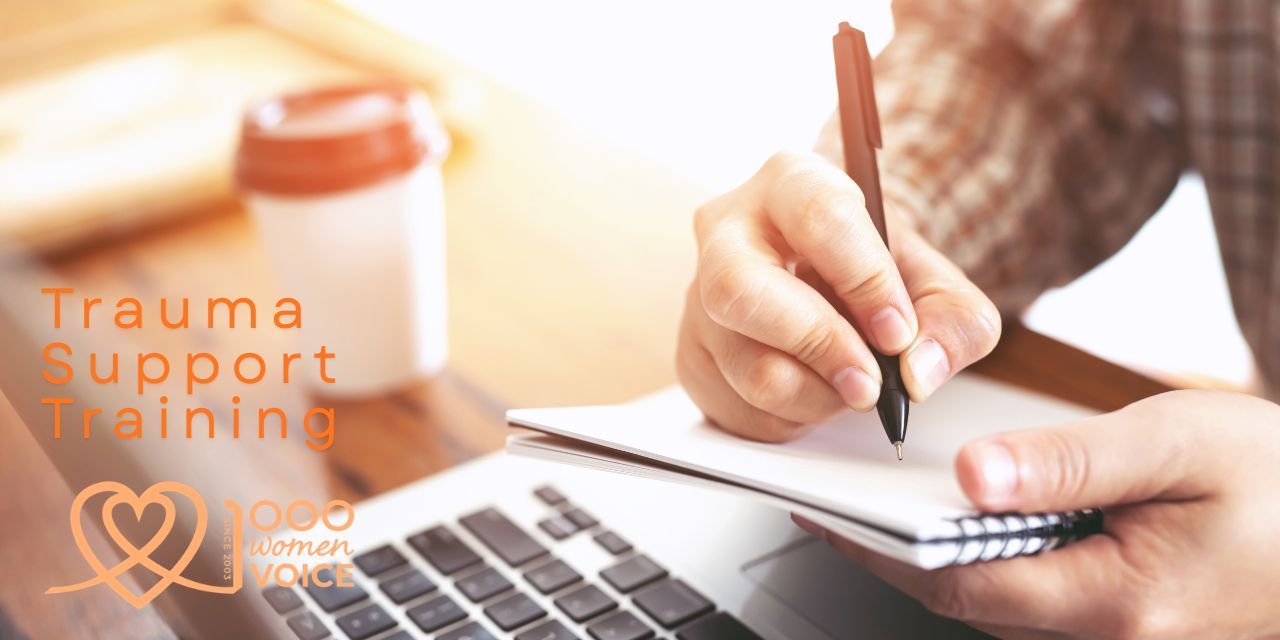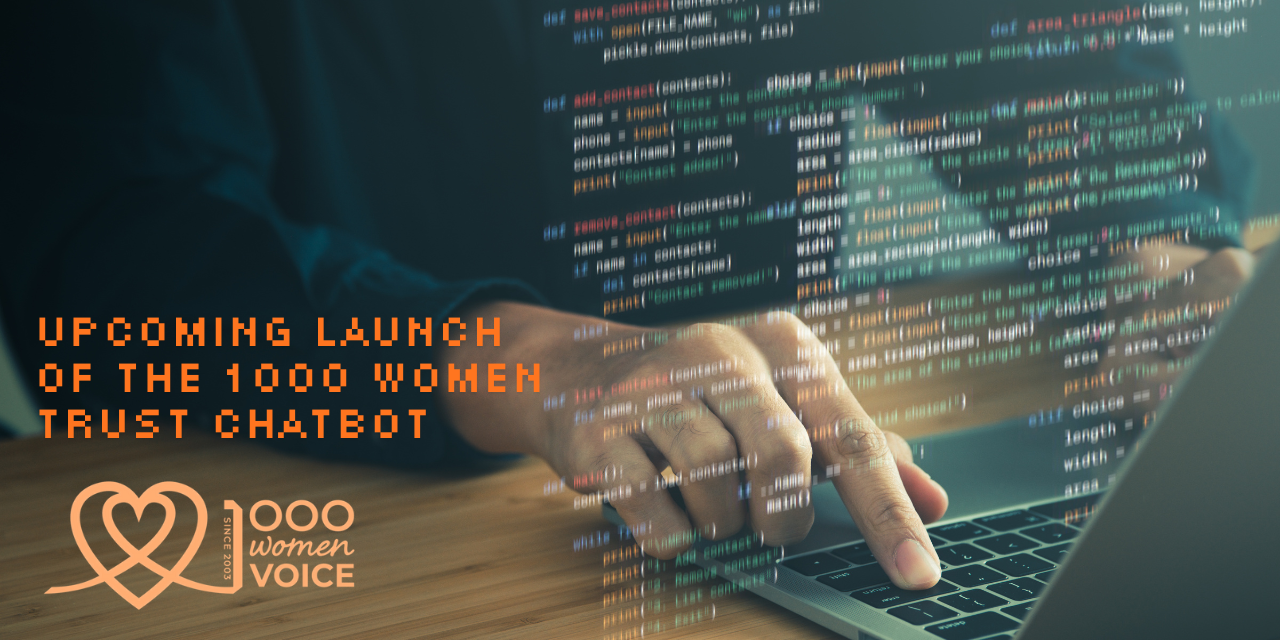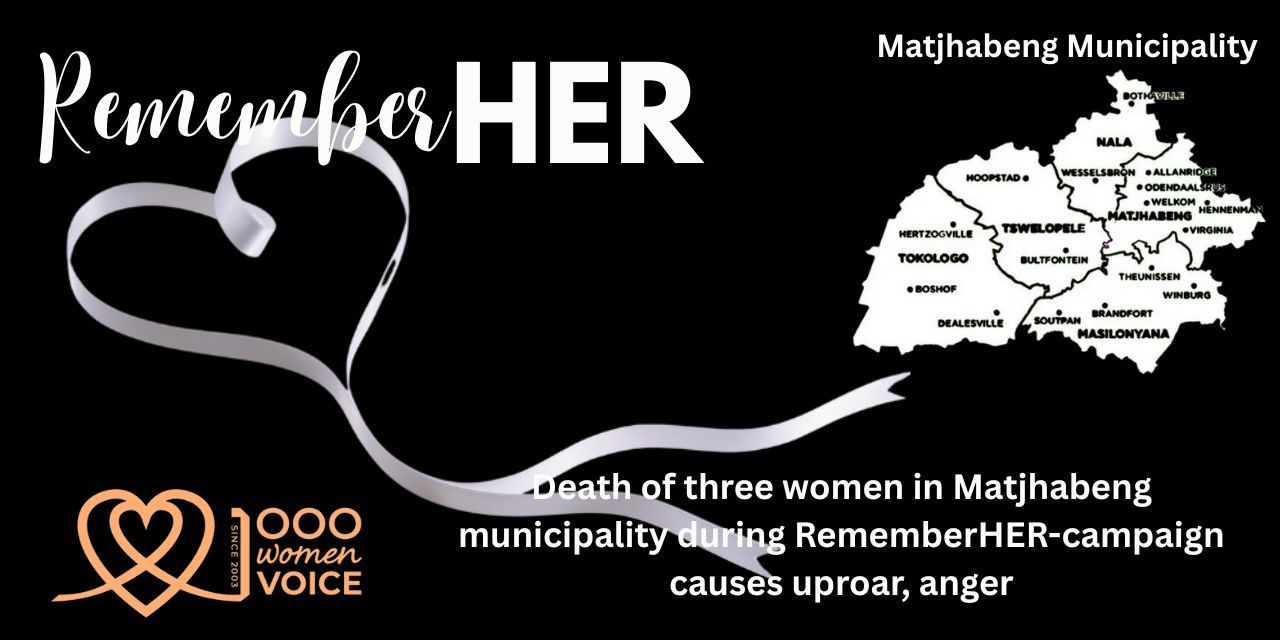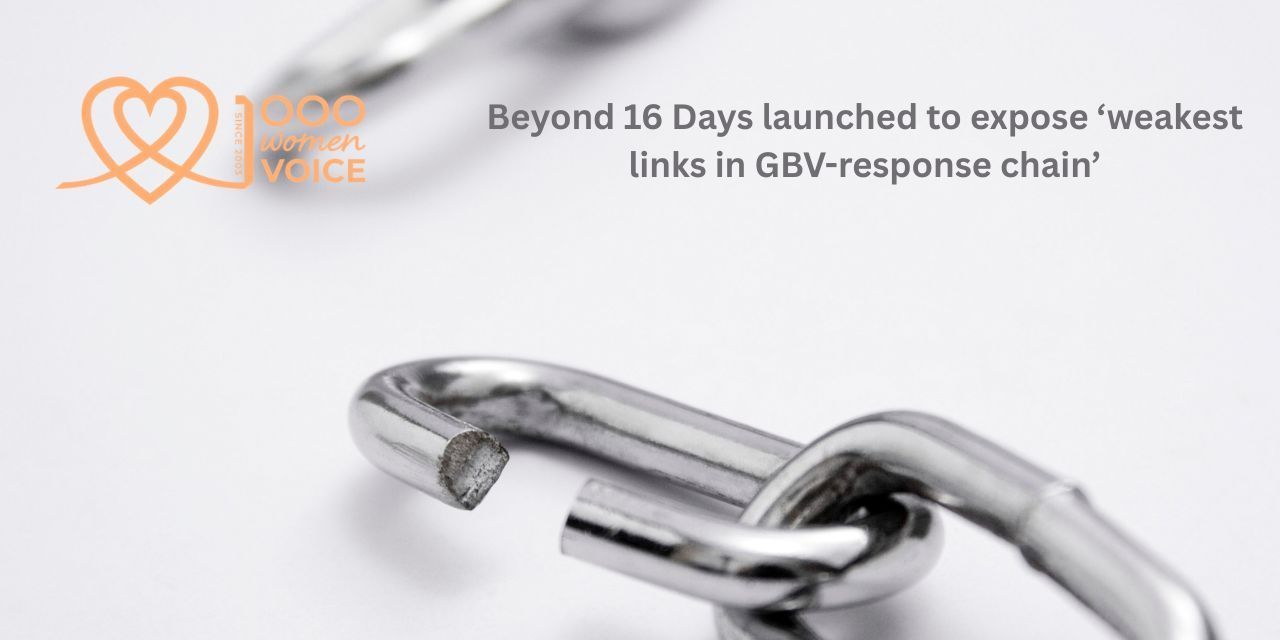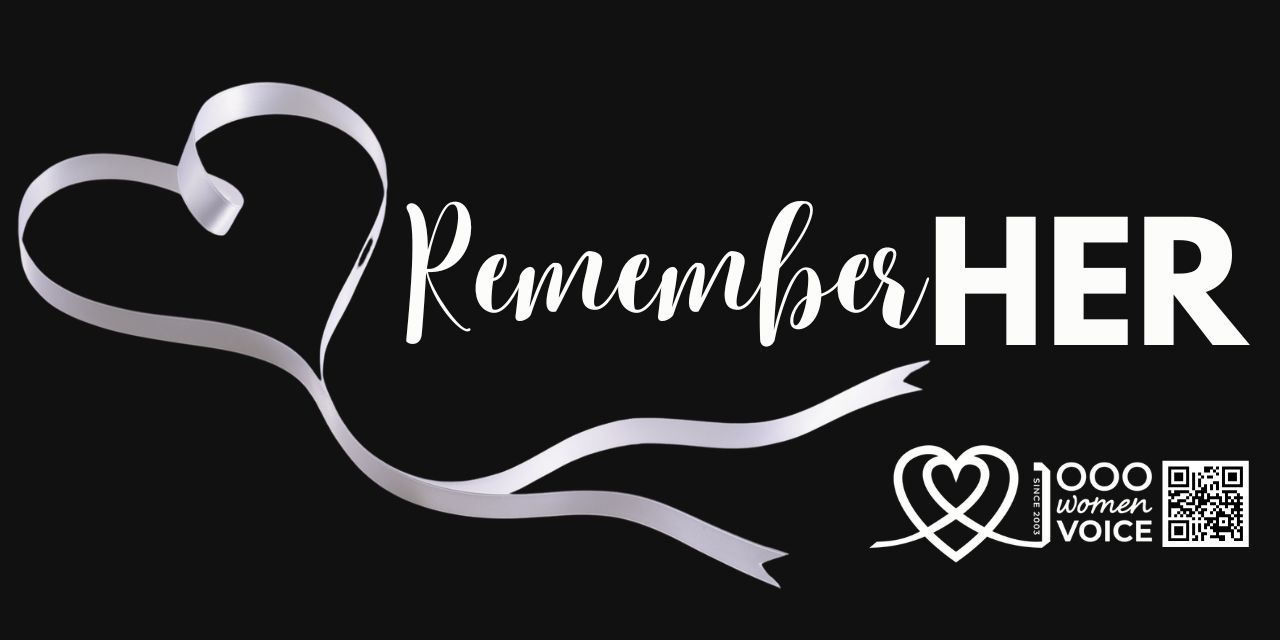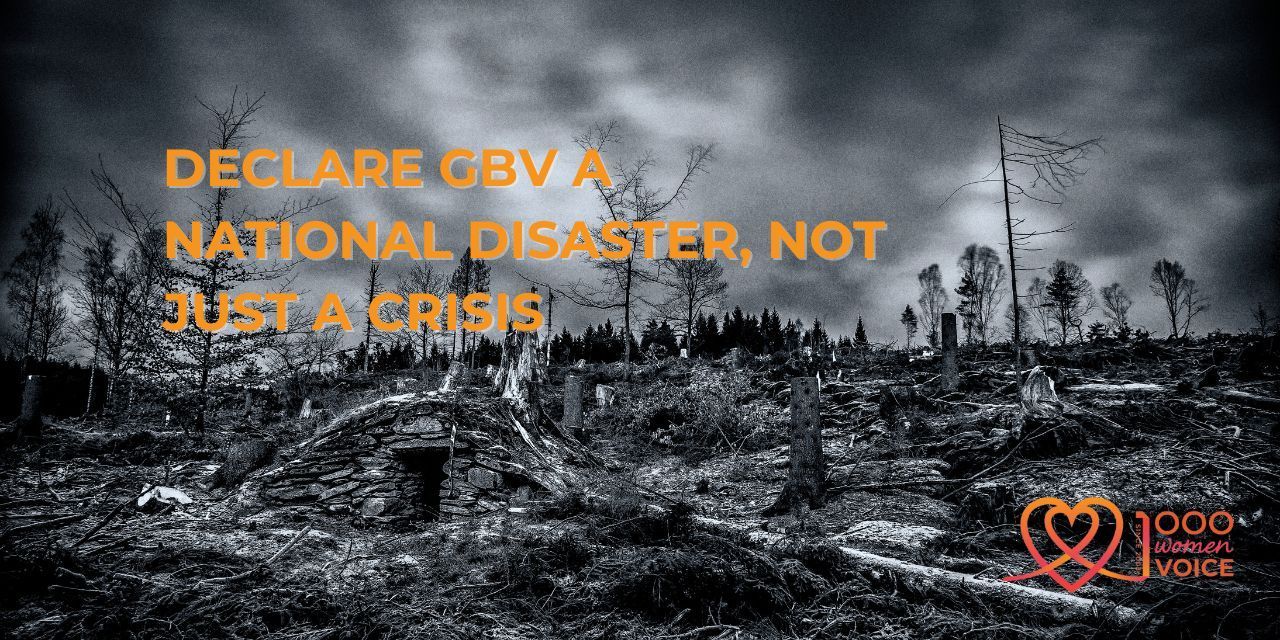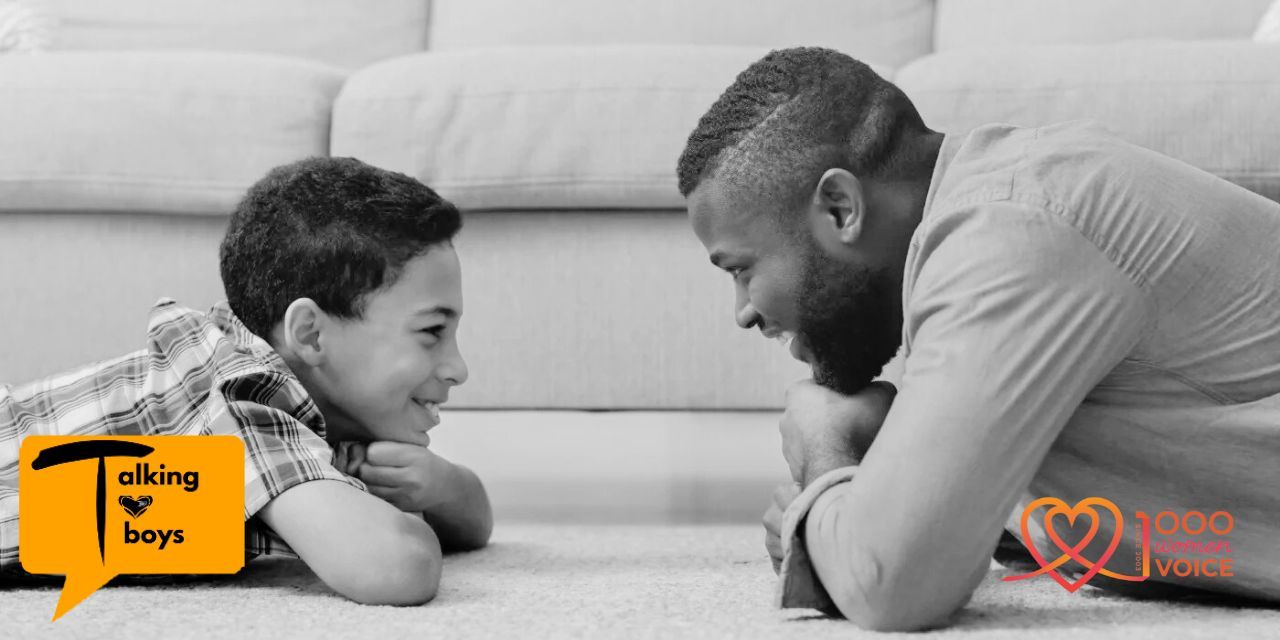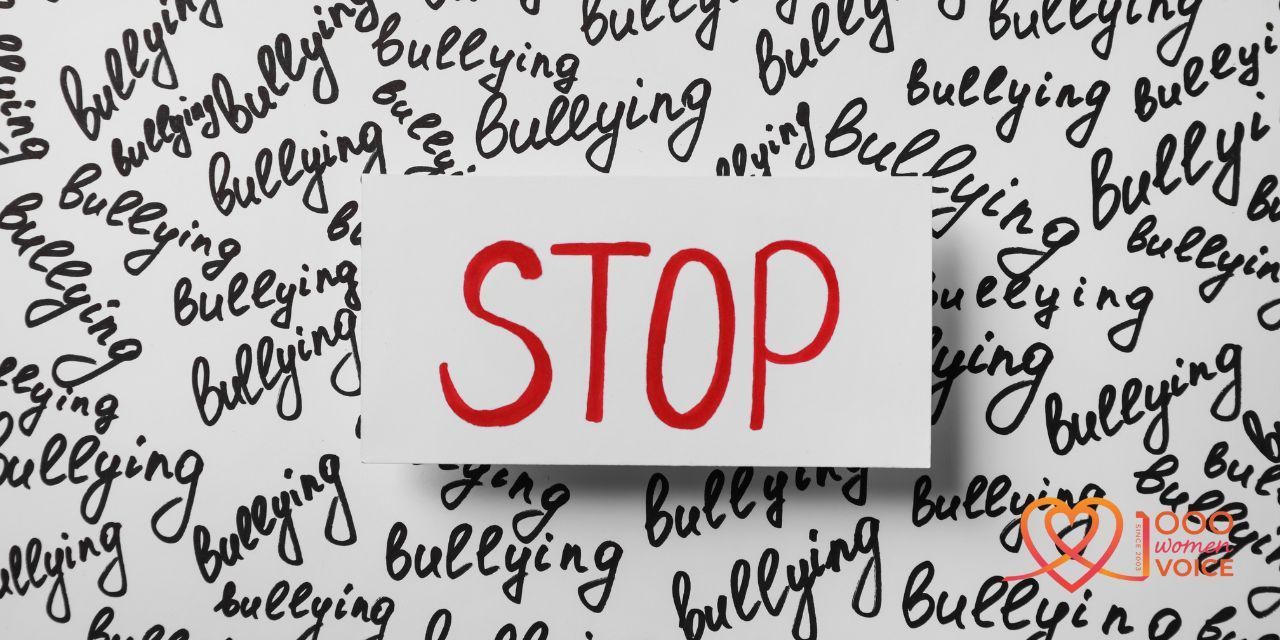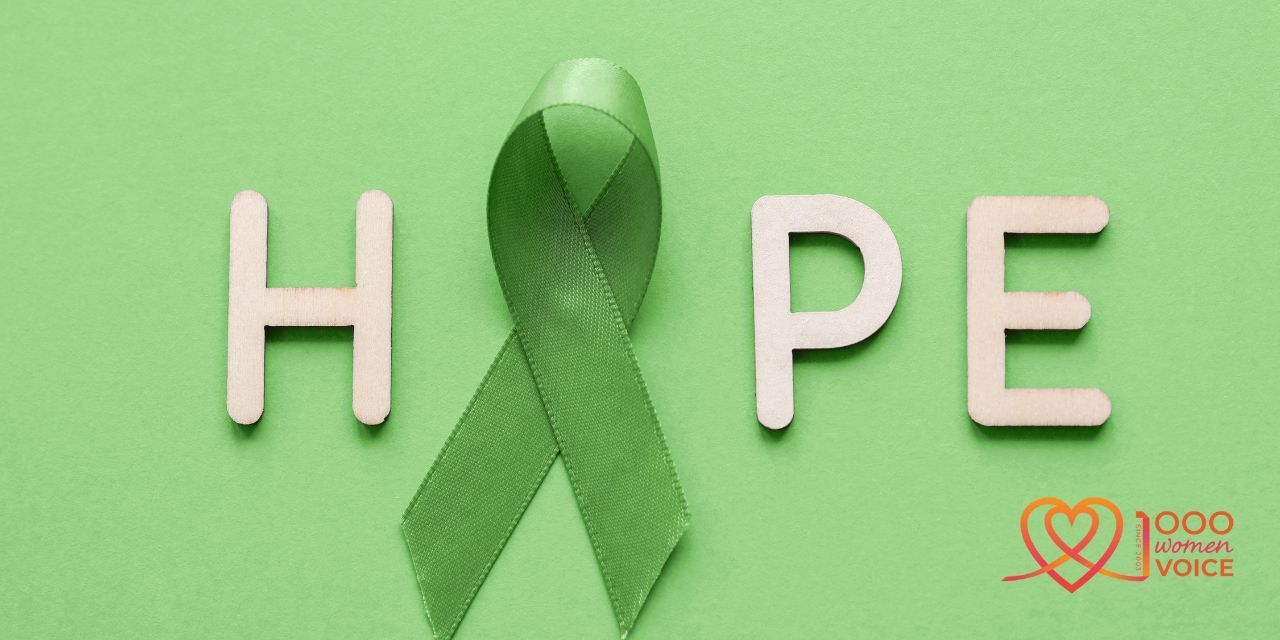Presidential summit set for November 2022 amidst acknowledgement about implementation challenges
Presidential summit set for November 2022 amidst acknowledgement about implementation challenges
The Presidential Summit on Gender-Based Violence and Femicide will be held at Gallagher Estate, Midrand on 1 and 2 November 2022, under the theme: “Accountability. Acceleration and Amplification, NOW!”
Progress might have been made in the implementation of the 2019 Presidential Summit Declaration and its National Strategic Plan on gender-based violence and femicide, yet levels of gender-based violence and the brutal ways in which this violence is meted out against women across age-groups and geographies, fundamentally undermines the SA democracy and women’s human rights.
This points to serious implementation challenges which must be addressed. It is against this backdrop that President Cyril Ramaphosa will convene the Presidential Summit on Gender-Based Violence and Femicide 2 on 1-2 November 2022, to uphold the principle of accountability, and call those tasked with implementation to account where not enough is being done.
The Summit will reflect on the work undertaken since the first Presidential Summit on GBVF in November 2018, report on key successes and challenges, and outline clear strategies to overcome them.
The first Presidential Summit on GBVF of 2018 was in response to the 24 demands submitted by the #TheTotalShutdown Intersectional Womxn’s Movement to President Cyril Ramaphosa following 27 nationwide marches on 1 August 2018.
The movement protested against the country’s pervasive scourge of gender-based violence and femicide and offered the 24 demands as a solution.
Chief amongst the demands was the call to the President to convene the first ever summit on Gender-Based Violence and Femicide on the African continent.
This resulted in a Summit Declaration, that officially declared GBVF a national crisis in March 2019, and was the first step in developing the National Strategic Plan on GBV and Femicide (NSP on GBVF) https://www.justice.gov.za/vg/gbv/NSP-GBVF-FINAL-DOC-04-05.pdf.
The NSP on GBVF provides a strategic roadmap and sets out specific plans for a multisectoral approach to end GBVF and build a society where womxn, 2 children, and the LGBTQIA+ community are safe from violence directed at them because of patriarchal stereotyping. The NSP is outlined in 6 Pillars, namely: 1 – Accountability, Coordination and Leadership 2 – Prevention and Rebuilding Social Cohesion 3 – Justice, Safety and Protection 4 – Response, Care, Support and Healing 5 – Economic Power 6 – Research and Information Management
It has been four (4) years since the Presidential Summit and the adoption of the Presidential Summit Declaration and two years since the National Strategic Plan on Gender-Based Violence and Femicide (NSP GBVF) was signed into effect by the President on 31 April 2020.
Tina Thiart, director and trustee of 1000 Women Trust, said although there has been much said during and after the first presidential summit and the national strategic plan, the biggest pitfall of the summit and the NSP is the inability by the most important stakeholders, specifically government itself, to implement those plans.
“You require goals that are realistic and measurable, who will perform these duties and whom they will be held accountable by. Without implementation and feedback about these implementations every six months, you will host presidential summit after presidential summit, and in the four years between summits you will – as was the case between 2018 and 2022 – see that more than 150 000 rape cases would be reported to the South African Police Services and more than 12000 women be killed through femicide. This is intolerable and can under no circumstances be allowed to repeat itself.”
This year’s summit will provide an opportunity for feedback and accountability for issues raised in the last summit and an assessment of the impact of programmes and how to amplify programmes that are making a difference. For example, measuring impact against expenditure allows us to prioritise and duplicate programmes that are yielding tangible results.
The return on investment also talks to amplification in how we scale up successful projects to roll these out across the country.
Multi-sectoral structures made up of individuals from civil society, government, development partners, academia and the private sector have been established to plan the Summit and activities leading up to it. The Presidential Summit Planning Committee (PSPC) provides strategic guidance in the planning and hosting of the Summit.
Four working groups, namely; funding and logistics, media, marketing and communications, programme design and content, and pre-summit activities have been set up to ensure a successful and an impactful summit for the safety of womxn, children and the LGBTQIA+ community across the country.
“As a country, we must double our efforts to prevent and respond to GBVF and hold each other accountable to implement the NSP. As a Planning Committee for the Summit, we are hard at work to prepare for all to account for commitments made, and accelerate and amplify implementation,“ said Dr Olive Shisana, Co-Chair of the Presidential Summit Planning Committee.
In the build-up to the Presidential Summit, provinces will host Provincial Summits to report on the implementation of the NSP on GBVF at a provincial level as well as the drivers, challenges, and opportunities for implementation.
Provincial summits will generate insights that will be captured into reports which will be consolidated towards the Presidential (National) Summit. Additionally, National Pillar Dialogues will take place in October with the aim of assessing the implementation of the NSP on GBVF per pillar. Sibongile Ndashe, Co-Chair of the PSPC added, “Civil society is not immune to the prevailing summit fatigue.
“However, we welcome the invitation to co[1]create a space where accountability is a possibility. We are approaching the summit with information on most of the failures that have frustrated the implementation of the NSP GBVF. We know what has not been done.”
Efforts are also underway to finance this summit, and we appeal to partners to come on board to join the journey towards eradicating GBVF in South Africa.
Members of the media are invited as follows: Date: 1-2 November 2022 Time: 09:00 Venue: Gallagher Estate, Midrand NB: Members of the media are invited to apply for accreditation to cover the Presidential Summit on Gender-Based Violence and Femicide (GBVF) by completing the attached registration form in full and submit it to Ishmael Selemale on ishmael@gcis.gov.za or Babalwa Mtengenya on Mtengenyabl@gmail.com by no later than Monday, 24 October 2022 at 12h00.
